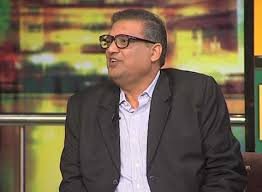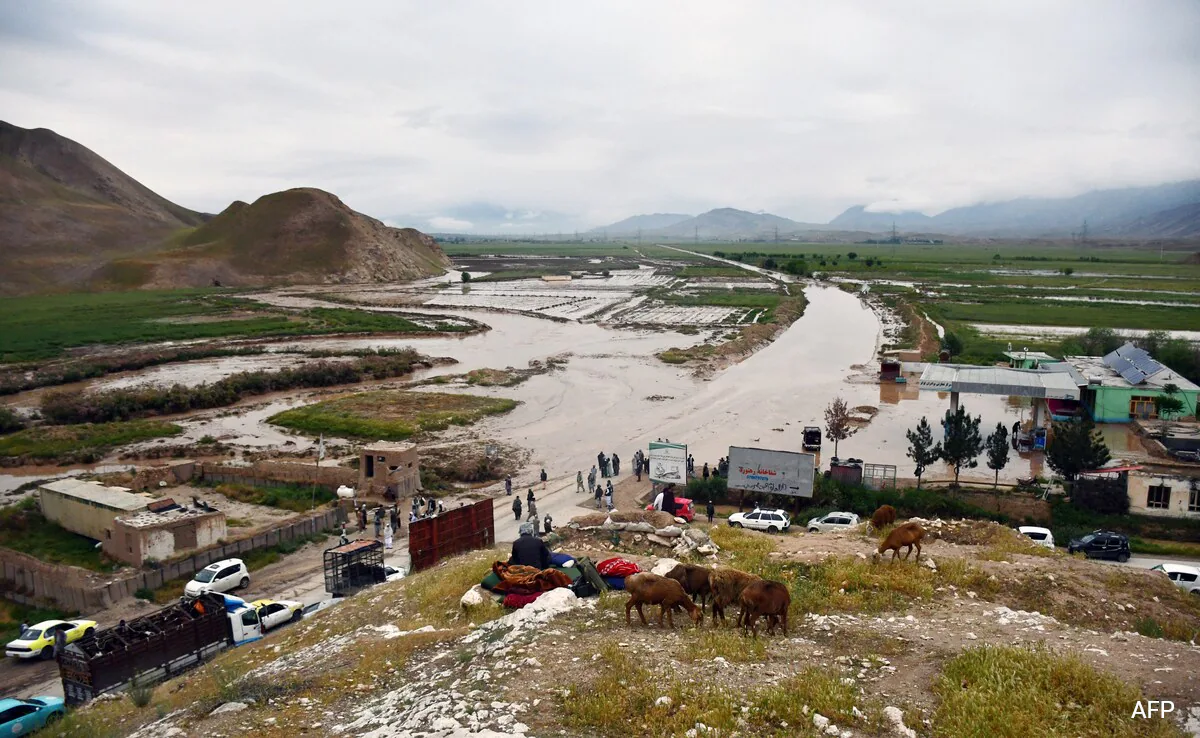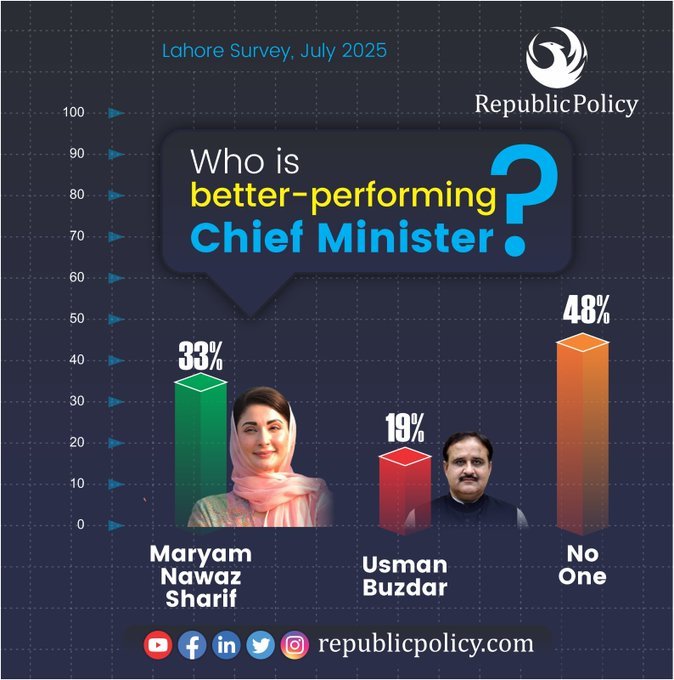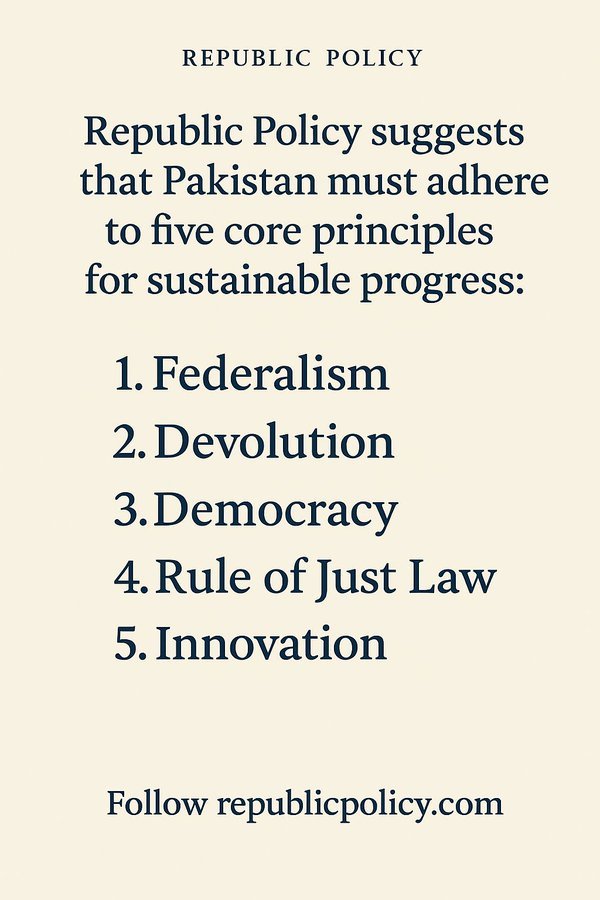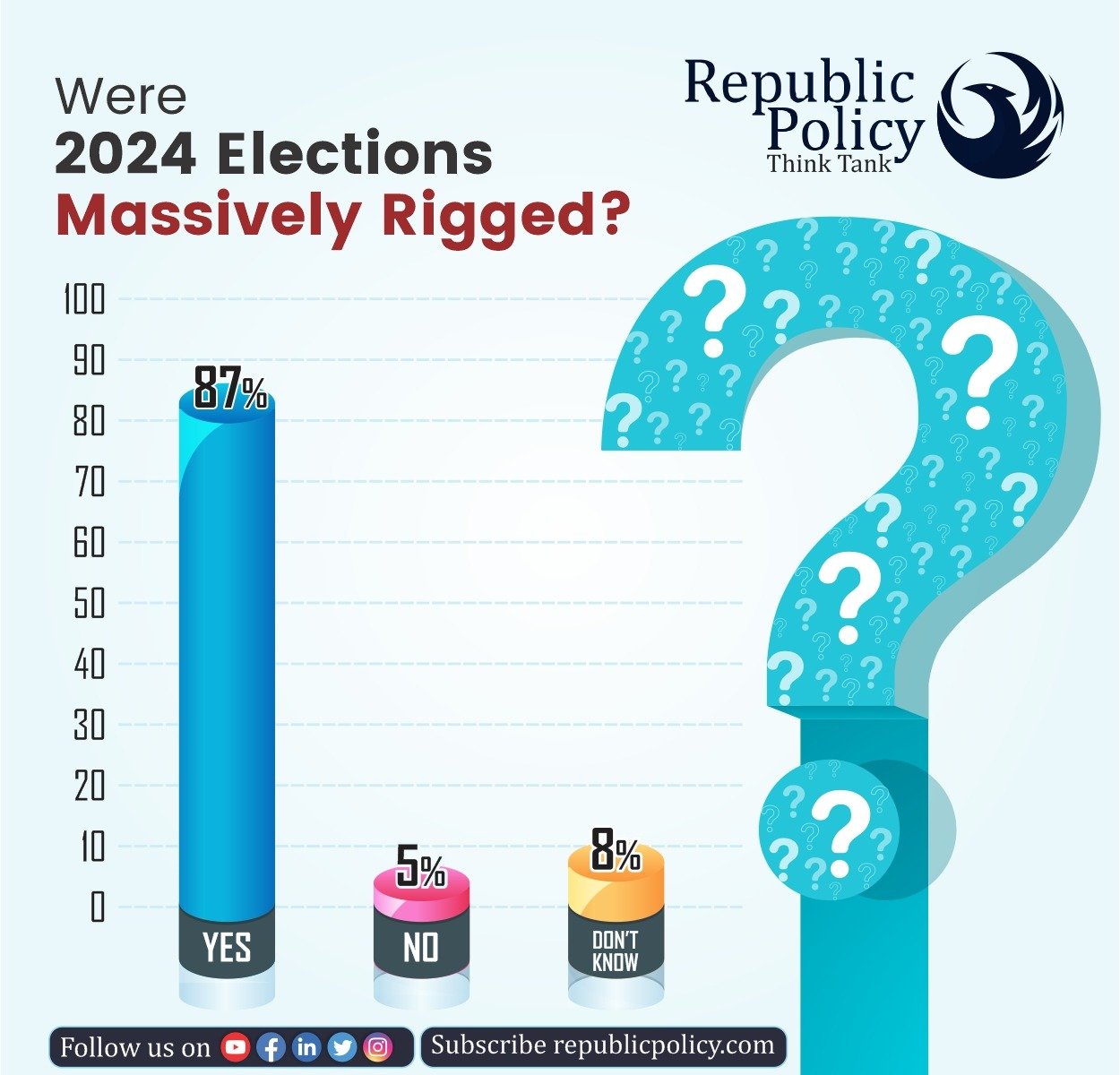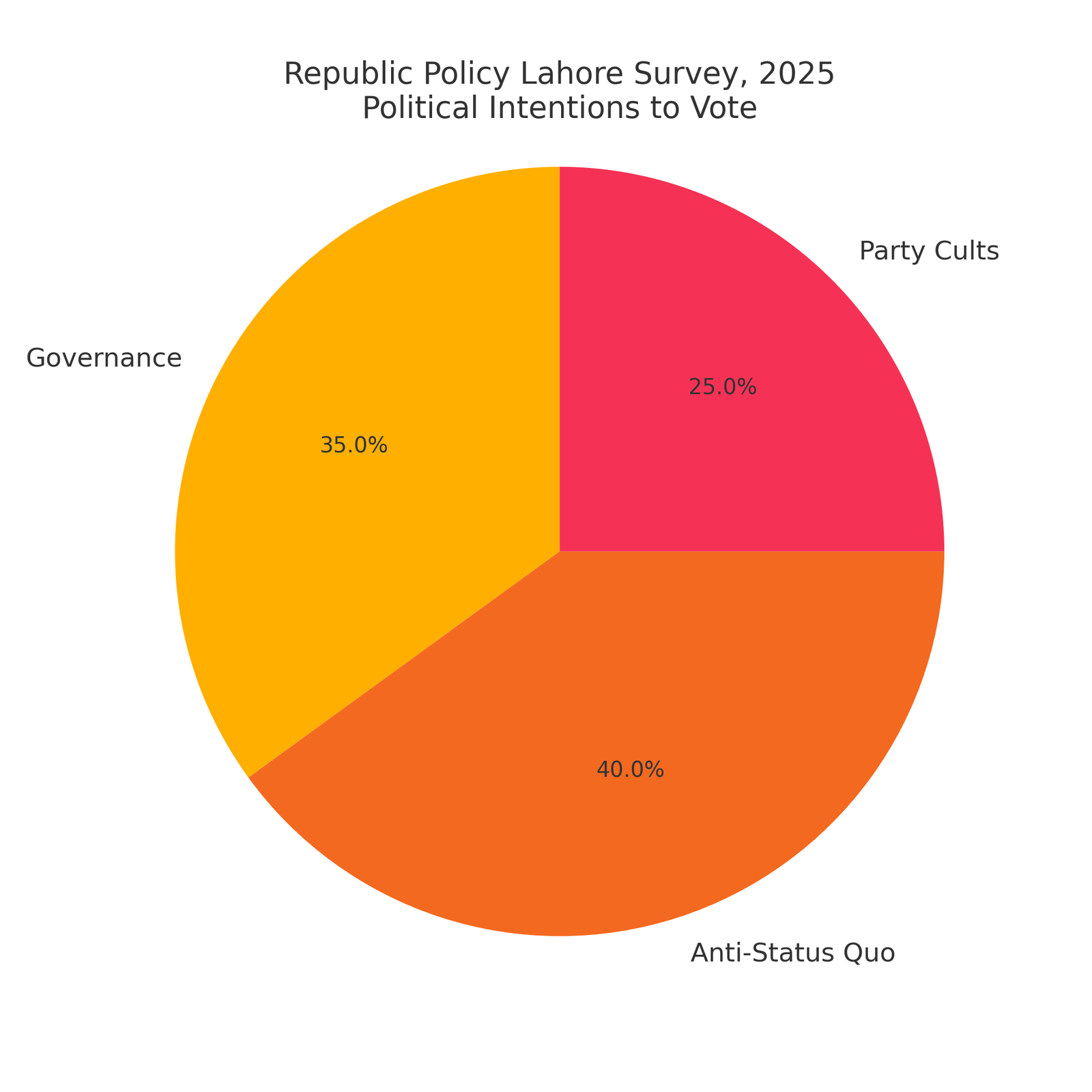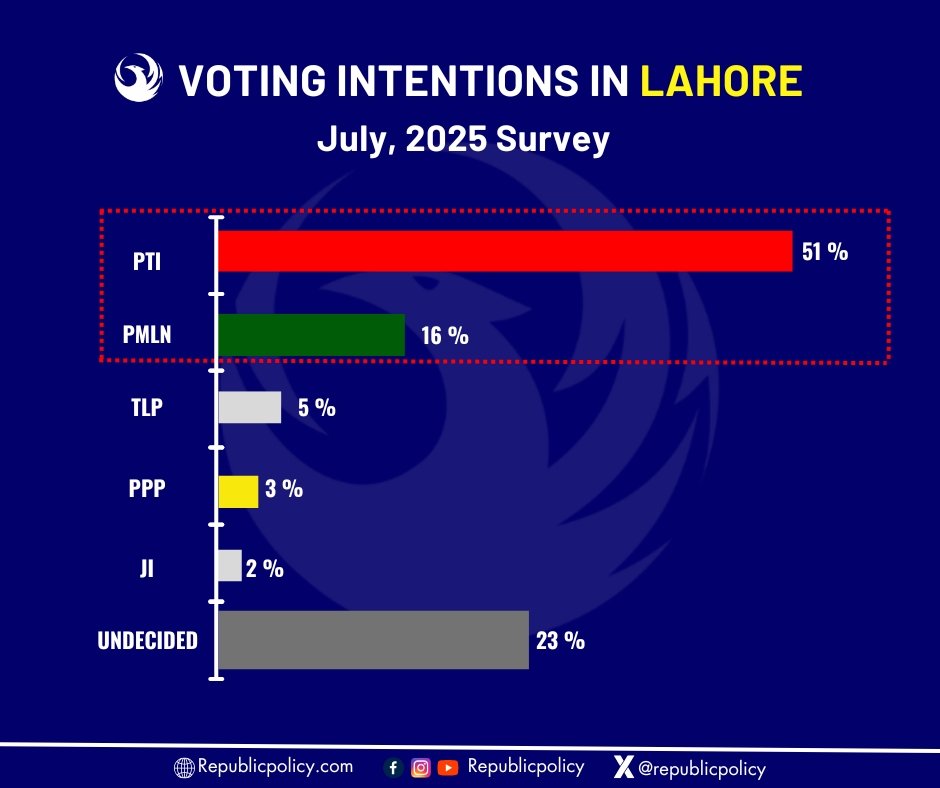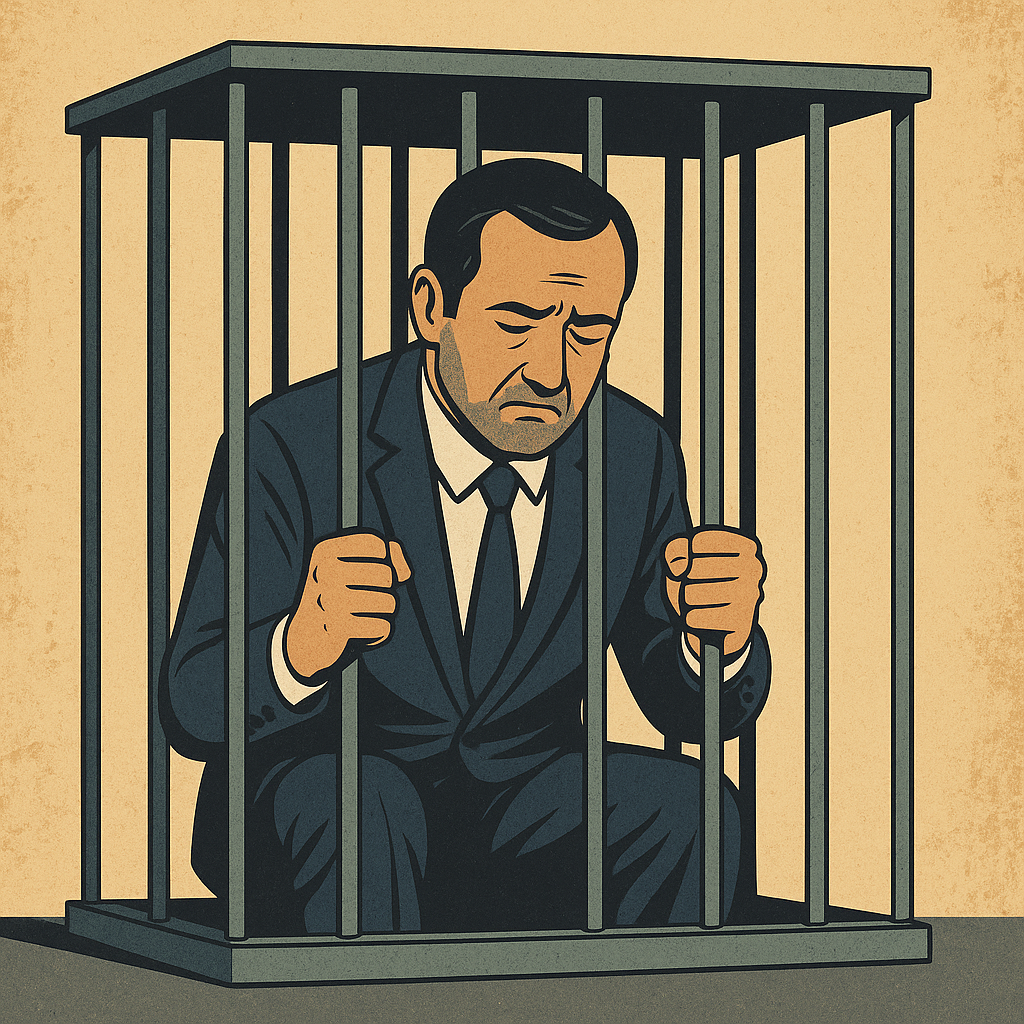Zafar Iqbal
A domestic worker is a person who works within the employer’s household or nearby premises, performing various household services such as cleaning, cooking, laundry, childcare, elderly care, gardening, etc. Domestic workers may work on a full-time or part-time basis and may live in or out of the employer’s household. They may also be local or migrant workers.
In Pakistan, there are no specific laws for domestic workers at the federal level, and the country still needs to ratify the ILO Convention C177 on Home Work. However, some provinces have enacted or proposed policies and legislation to protect the rights and welfare of domestic workers.
The Punjab Domestic Workers Act 2019 regulates the employment, working conditions, wages, social security, dispute resolution, and registration of domestic workers and employers in Punjab. It also establishes a Domestic Workers Welfare Fund and a Governing Body to manage the fund and provide benefits to registered domestic workers.
The Sindh Home-Based Workers Act 2018, which applies to all people who work from their home or nearby premises for any industry or establishment in Sindh. It provides for the registration, minimum wages, social protection, maternity benefits, dispute resolution, and arbitration of home-based workers and their employers. It also sets up a Home-Based Workers Council to monitor and implement the provisions of the Act.
The Islamabad Domestic Workers Bill 2021 which is still pending in the National Assembly. It aims to regulate the employment, working hours, wages, leave, social security, health care, dispute resolution, and registration of domestic workers and employers in Islamabad. It also proposes to establish a Domestic Workers Welfare Board and a Domestic Workers Welfare Fund to provide benefits and welfare schemes to registered domestic workers.
Please, subscribe to the website of the republicpolicy.com
The central departments and regulatory bodies responsible for implementing and enforcing the laws and policies for domestic workers in Pakistan are provincial departments and their devolved institutions and organizations.
The Labour Department of each province which is in charge of registering domestic workers and employers, issuing directions, resolving disputes, appointing inspectors, and making rules under the respective Acts.
The Governing Body of the Domestic Workers Welfare Fund in Punjab which consists of representatives of the Government, employers, domestic workers, and civil society. It is responsible for managing the fund and providing social security benefits to registered domestic workers.
The Home-Based Workers Council in Sindh which comprises representatives of employers, contractors, home-based workers, and their unions. It is responsible for identifying and tracking home-based workers from different sectors, maintaining their registration records, monitoring their working conditions and wages, and ensuring their social protection.
The Domestic Workers Welfare Board in Islamabad (proposed), which would consist of representatives of the Government, employers, domestic workers, and civil society. It would be responsible for managing the fund and providing welfare schemes to registered domestic workers.
The rights of domestic workers are significant for several reasons. Here are some detailed paragraphs explaining their importance:
First, the rights of domestic workers are important for ensuring their dignity and well-being as human beings. Domestic workers are often subjected to various forms of exploitation, abuse, and discrimination, such as long working hours, low wages, lack of social protection, physical and sexual violence, and forced labor. These violations not only harm their physical and mental health, but also deprive them of their fundamental human rights, such as the right to freedom, equality, security, and justice. By recognizing domestic workers as workers and granting them the same basic rights as other workers, such as weekly days off, minimum wage, overtime compensation, social security, and clear contracts, the international community and national governments can protect domestic workers from exploitation and abuse, and ensure that they are treated with respect and dignity.
Second, the rights of domestic workers are important for promoting gender equality and women’s empowerment. Domestic workers are predominantly women and girls who often face multiple forms of discrimination based on their sex, race, ethnicity, nationality, or migration status. They are often undervalued and invisible in the labour market and society, as their work is considered an extension of women’s unpaid domestic and care work in the household. By establishing the rights of domestic workers, the international community and national governments can challenge the gender stereotypes and norms that devalue women’s work and contributions and empower women to access decent work opportunities, education, health care, and political participation.
Please, subscribe to the monthly magazines of republicpolicy.com
Third, the rights of domestic workers are important for advancing social development and economic growth. Domestic workers play a vital role in providing essential care services for millions of households around the world, especially for children, older adults, and persons with disabilities. They also enable other workers, especially women, to participate in the labour force and pursue their careers. By improving the working conditions and welfare of domestic workers, the international community and national governments can enhance the quality and availability of care services for families and communities and support the productivity and competitiveness of the economy. Moreover, by ensuring that domestic workers receive fair wages and social benefits, they can also increase their purchasing power and contribute to domestic demand and consumption.
Therefore, it is critical for all branches of the Government, legislature, executive, and judiciary, to legislate, implement and interpret the laws. If laws are implemented, the status of domestic workers will be better. The fundamental issue in Pakistan is the implementation. Therefore, it is vital that laws are implemented. Then, there is a dire need to create awareness regarding the rights of domestic workers in Pakistan.
Almost most upper-middle-class families take the services of domestic workers fully or partially. Then, the kids are also taken as domestic workers. Therefore, it is a sensitive issue. Child rights, labour rights and domestic workers’ rights are essential to be implemented. Then, the upper middle classes, especially the women among them, should realize the human rights of the domestic workers. By creating awareness and implementing the laws in letter and spirit, the rights of domestic workers can be implemented in Pakistan.
Writer is a CEO of republicpolicy.com
Please, subscribe to the YouTube channel of republicpolicy.com






